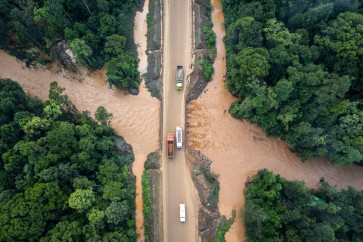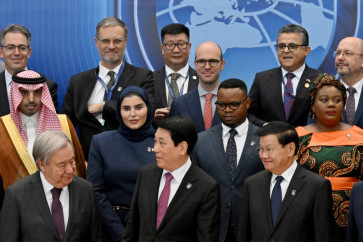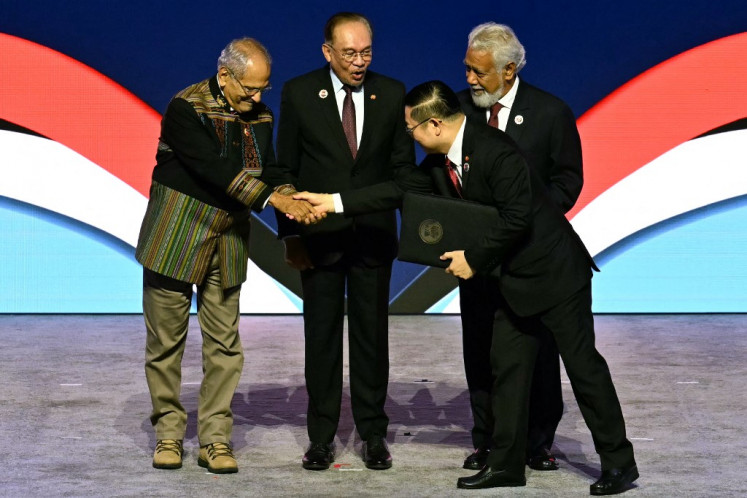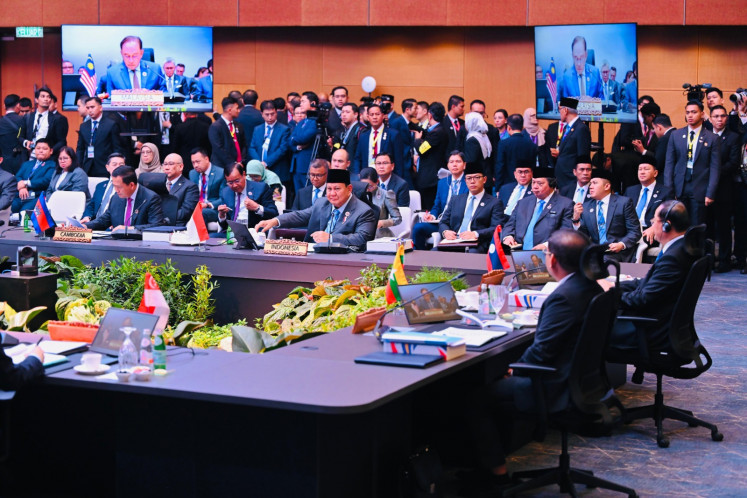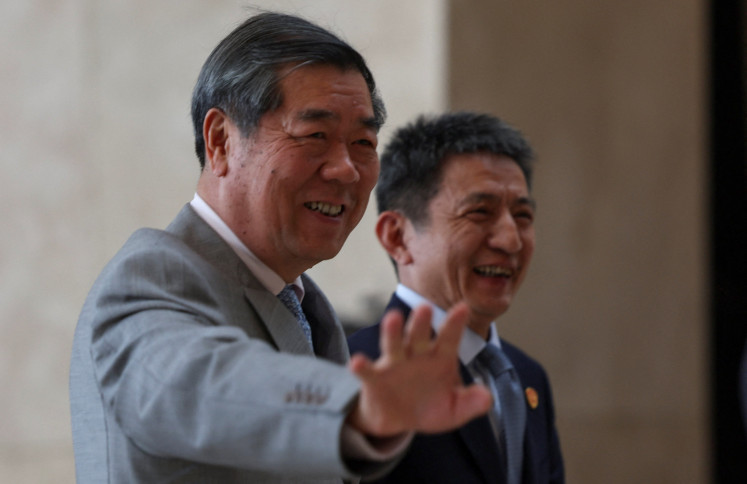Popular Reads
Top Results
Can't find what you're looking for?
View all search resultsPopular Reads
Top Results
Can't find what you're looking for?
View all search resultsProvinces seek greater authority to curb contagion
Regional administrations are stepping up measures to prevent the potential community spread of COVID-19 as concerns mount over the central government’s lack of transparency in handling the health crisis
Change text size
Gift Premium Articles
to Anyone
R
egional administrations are stepping up measures to prevent the potential community spread of COVID-19 as concerns mount over the central government’s lack of transparency in handling the health crisis.
Jakarta Governor Anies Baswedan and West Java Governor Ridwan Kamil have asked to conduct polymerase chain reaction (PCR) tests independently.
“Jakarta can do [the test] but we have limited authority. We have sent a letter to the Health Ministry, asking it to give our city laboratory the authority to help test [suspected COVID-19 patients],” Anies said on weekly talk show Mata Najwa on Wednesday.
These test results, which would come out faster if done in Jakarta, would allow the city administration to act quickly in tracing the movements of people found to have COVID-19 and, therefore, better contain the spread of the virus.
Ridwan Kamil has made a similar request, saying that relying on a single institution for testing would be time-consuming.
“Please allow us to do the tests. If a result is positive, we will not announce it to the public but communicate it to the central government in accordance with protocols,” Ridwan said.
Speaking at a different occasion, Surakarta Mayor FX Hadi Rudyatmo shared a similar concern on Friday after a COVID-19 patient died in the isolation ward of Moewardi Hospital in Surakarta, Central Jakarta.
The patient was the eighth suspected COVID-19 patient. The results of her throat culture were announced after she had succumbed to the disease.
Critics say similar incidents keep occurring because the government has a monopoly on COVID-19 testing.
Indonesia, which had 69 confirmed cases as of Friday evening, only allows one lab run by the Health Ministry’s Health Research and Development Agency (Balitbangkes) to test swab samples of suspected COVID-19 patients.
On Friday, President Joko “Jokowi” Widodo ordered Health Minister Terawan Agus Puteranto to allow other agencies such as Airlangga University in Surabaya, East Java, and the Eijkman Institute in Jakarta to conduct PCR testing.
The ministry has complied, announcing that Eijkman would be able to test suspected patients starting on Monday.
It is unclear, however, if regional administrations could conduct testing, too. Achmad Yurianto, the Health Ministry’s disease control and prevention director general, argued that regional hospitals did not have a Type-2 biosafety level (BSL) license, which meant they were not equipped to conduct testing.
Despite their limited authority, some regional governments have taken their own measures to prevent a wider contagion.
Jakarta, for example, has restricted public gatherings. It has set up a special team to review the permits for events that are slated to take place across the city and decide whether they should go on with additional requirements, be postponed or be canceled altogether.
The administration has already canceled the Jakarta E-Prix, the capital’s first-ever Formula E race, initially set to take place on June 6, and Car Free Day (CFD) on Sunday and March 22.
According to corona.jakarta.go.id, the administration is monitoring 486 people in both homes and hospitals and closely observing 238 people at hospitals who have shown COVID-19 symptoms and have traveled to countries with high infection rates.
Most are in South Jakarta, where 190 people are being observed, followed by 112 in East Jakarta, 102 in West Jakarta, 97 in Central Jakarta and 74 in North Jakarta. The remaining 112 are outside of the capital.
Syahrizal Syarief, an epidemiologist at the University of Indonesia, criticizied the government for concealing the location of COVID-19 patients, the disclosure of which he believed would not be a privacy violation.
“Without such information, how can the regional administrations prepare themselves? How can the public assess the risks they are taking in their daily lives?” (dfr)


